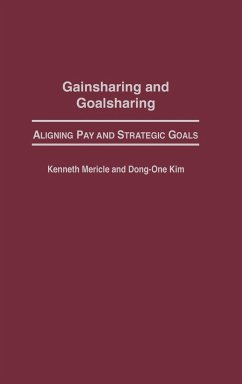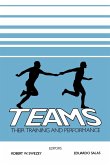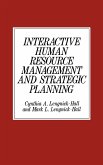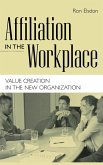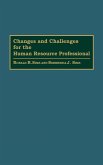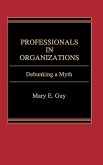Gainsharing and goalsharing, if carefully designed and administered, have great potential as compensation systems that align pay with the broader strategic objectives of the organization. To be successful over the long term, gainsharing and goalsharing require periodic review and adjustment to changing business conditions and continuing emphasis on mobilizing and involving employees. The authors share important insights from recent research (including two large-scale surveys of their own) on factors related to success and failure, and they provide highly useful information for anyone seeking to design and implement a gainsharing or goalsharing program, including managers, human resource professionals, and union officers. Scanlon, Modified Scanlon, Rucker, Improshare, and goalsharing plans are defined as group-based contingent compensation schemes that are often combined with an employee involvement component. Gainsharing programs have been adopted at an accelerating rate by American corporations in the last decade. Approximately 40% of Fortune 1,000 firms reported the use of gainsharing in the 1990s, and there is little doubt that more programs exist than ever before. According to most evaluations, gainsharing and goalsharing are considered to be particularly potent among the various types of recent innovative human resource programs. By taking a process-based approach that presents a step-by-step guide to the implementation of gainsharing from design to administration and long-term maintenance, this book provides readers with practical and hands-on advice and guidance on gainsharing and goalsharing.
Hinweis: Dieser Artikel kann nur an eine deutsche Lieferadresse ausgeliefert werden.
Hinweis: Dieser Artikel kann nur an eine deutsche Lieferadresse ausgeliefert werden.

